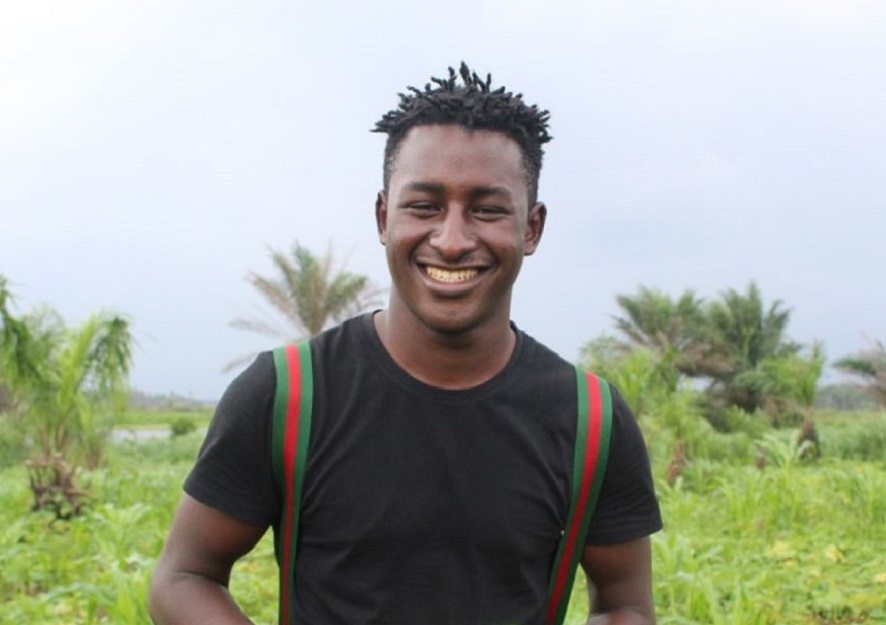Alhaji Siraj Bah, now 20, was born in a remote village near Freetown in Sierra Leone. He went through a devastating experience, but was able to pick up to face life.
At 17, his life was already woven around a misfortune caused by the landslide that killed more than 1,100 people, including seven members of Bah’s adopted family on August 14, 2017.
Not sure what the future had in store for him, the teenager traveled to the nation’s capital. “I lived on the street for four years,” he told CNN.
He added: “I used to do so many odd jobs just to get food to eat… I used to fetch water, wash clothes. I was not scared, I just had that belief that one day, I will make it.”
He soon realized the lack of waste collection services in Freetown as garbage was often dumped on the streets, gutters and river courses. “I realized I needed to step up and do something,” said Bah.
Investing his last $20 into tackling the plastic waste problem, Bah founded Rugsal Trading, a company that produces handcrafted paper bags, as well as, briquettes for cooking fuel.
“My childhood was so hard for me, I don’t want another person to go through the same thing, so this is one of the reasons I’m doing this.”
He stated some of the children he has employed to collect coconut shells have been able to go back to school with the money they earned. “We are about the families we employ, about the environment, about the people around us,” he stated.
Bah works days making recyclable bags from 70 per cent banana leaves and selling them to local businesses, with their logos laboriously screen-printed onto them.

Bah’s company has produced roughly 250,000 bags, and he has gone all out to producing an eco-friendly alternative to charcoal as well.
Even though felling trees for charcoal is one of the main contributors to deforestation and land degradation in the country, many African households including Sierra Leone rely on charcoal for cooking.

The young entrepreneur on a mission to use domestic plastic waste to benefit humanity knows that burning charcoal pollutes the air and can cause respiratory disease.
Through YouTube, Bah learnt how to produce smoke-free briquettes, which according to him burn for four hours longer than coal or wood. He collects coconut shells, sugar cane, rice husk, and palm kernel waste from farmers and households, grinds the raw material, binds it with starch and then thrust it through a machine.
His eco-friendly enterprise now employs 38 workers and has made over 120 tons of briquettes — which, according to him, saves over 15,000 trees.

The once homeless young boy with a bleak future is now an entrepreneur and inspiration to the Sierra Leonean youth. “All the young people I’ve met want to go into entrepreneurship, they want to start their own companies, so I think the picture is bright,” he continued. “You’re never too young to be a dream-maker, you’re never too young to achieve what you want to achieve.”
Bah won the 2018 Anzisha Prize for young African entrepreneurs. He has plans to buy better machines to speed up briquette production and help him expand into Guinea, Senegal and Liberia next year.
For him, “Nothing is impossible.”
“If others can do it with $20, $10, $5, then others can do it with zero dollars. Do what you can — and do more.”










